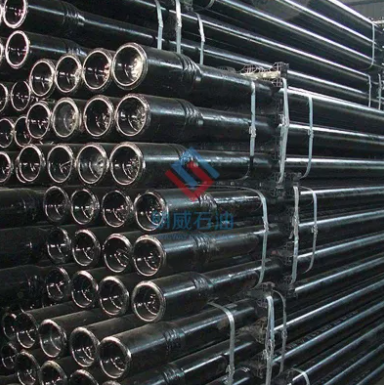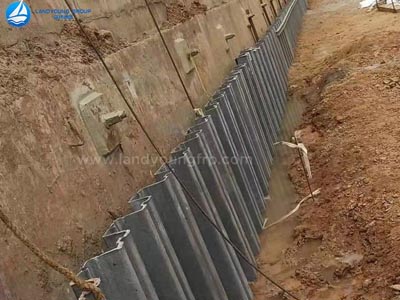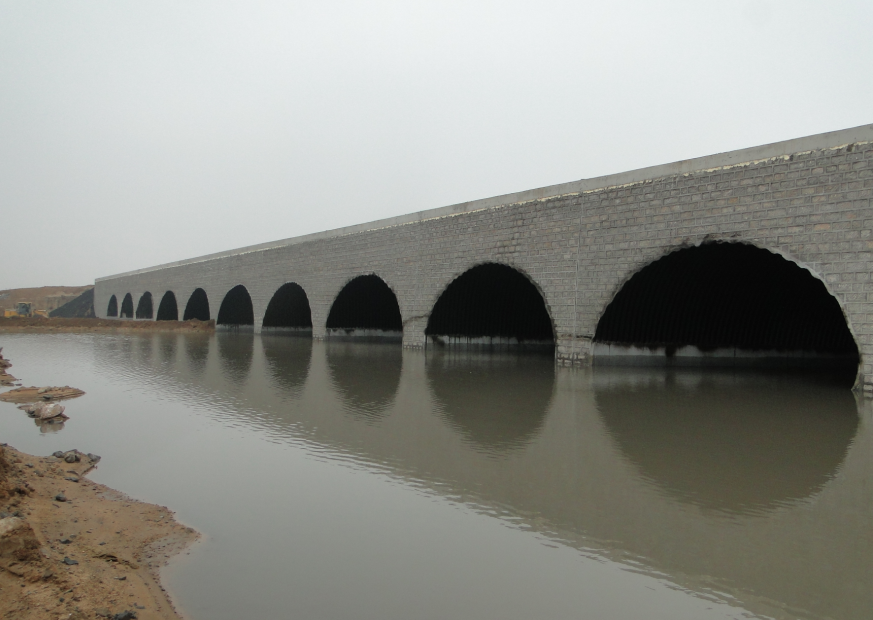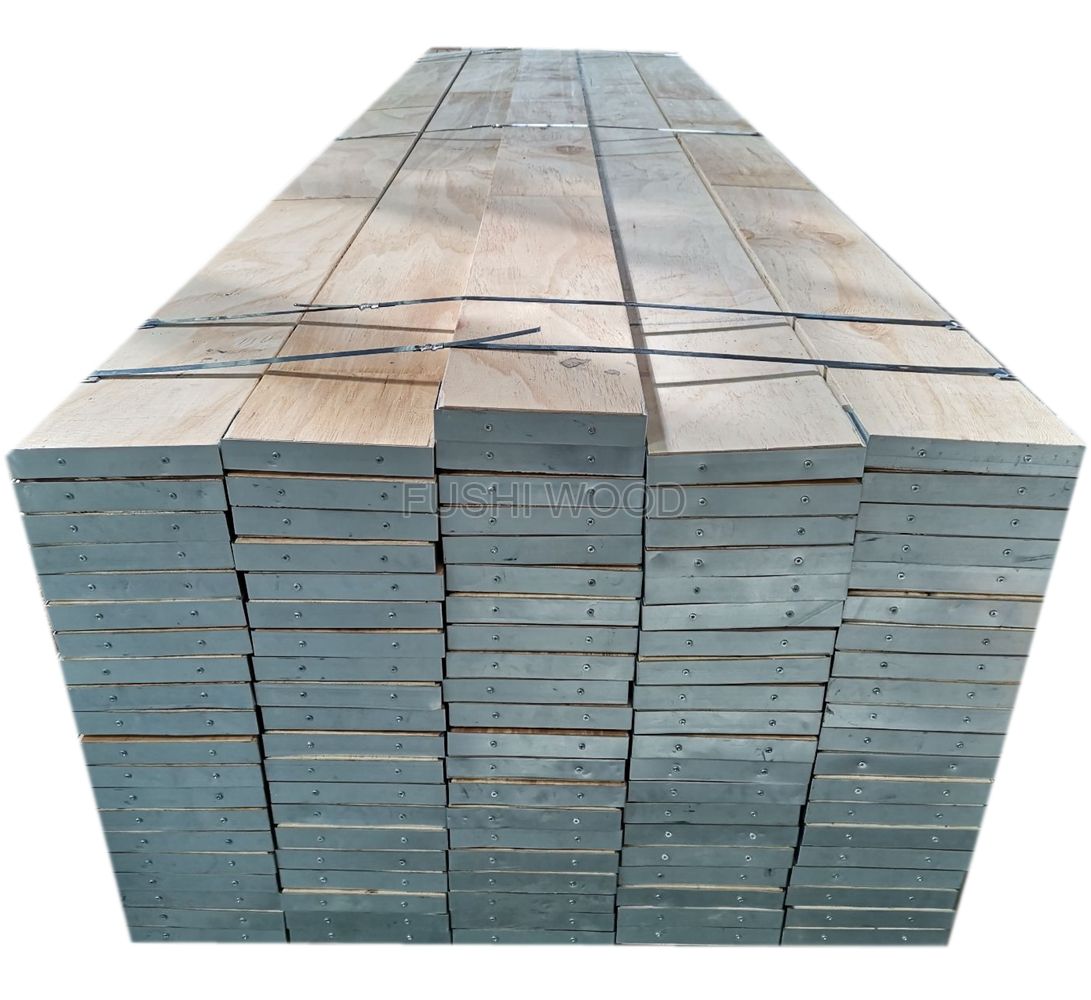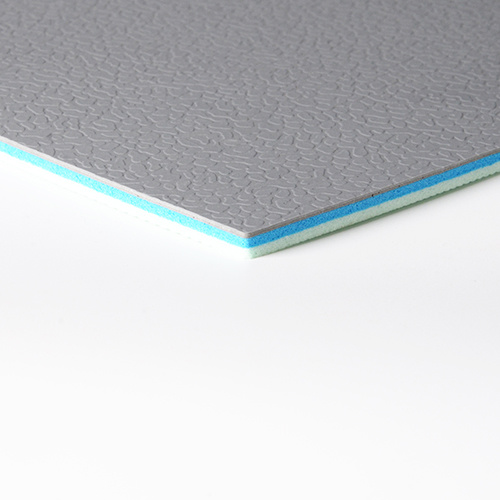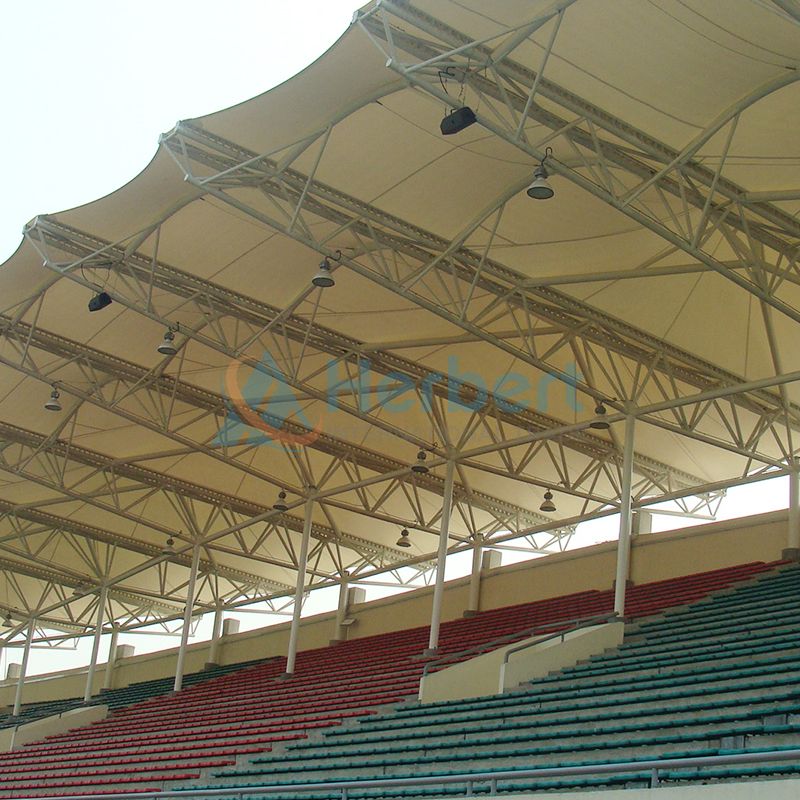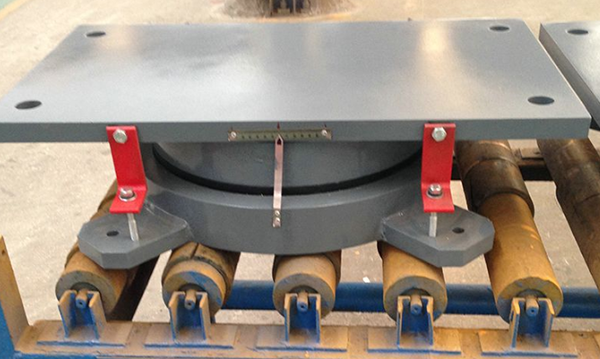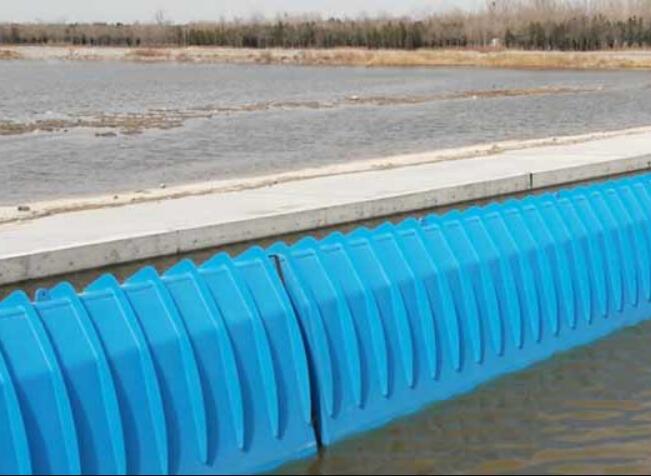What grade steel is drill pipe made of?
Introduction
Drill pipes are essential components in the world of drilling, enabling the extraction of valuable resources from beneath the Earth's surface. These cylindrical tubes must withstand extreme conditions, including high pressures, torque, and abrasion. To meet these demanding requirements, drill pipes are typically made from high-strength steel alloys. In this article, we will delve into the steel grades commonly used in drill pipe manufacturing and explore their specific properties and applications.
What grade steel is drill pipe made of?
The Role of Steel in Drill Pipe Manufacturing
Steel is the material of choice for manufacturing drill pipes due to its exceptional strength, durability, and resistance to the harsh conditions encountered during drilling operations. Drill pipes must endure substantial axial and torsional loads, as well as abrasive wear, while maintaining their integrity to ensure drilling success and safety.
The selection of the appropriate steel grade is crucial in determining the performance and longevity of drill pipes. Various factors influence the choice of steel grade, including the type of drilling (e.g., oil and gas, mining, or geothermal), well depth, drilling environment (onshore or offshore), and the expected level of mechanical stress and wear.
Common Steel Grades for Drill Pipe
Several steel grades are used in drill pipe manufacturing, each with distinct properties and suitability for specific applications. The two most commonly used steel grades for drill pipes are:
Grade E-75:
Chemical Composition: Grade E-75 steel typically contains elements such as carbon (C), manganese (Mn), phosphorus (P), sulfur (S), chromium (Cr), and molybdenum (Mo).
Mechanical Properties: Grade E-75 steel offers a balance of strength and toughness, making it suitable for various drilling applications. It has a minimum yield strength of 75,000 pounds per square inch (psi) and a minimum tensile strength of 100,000 psi.
Applications: Grade E-75 drill pipes are commonly used in shallow to medium-depth drilling operations, including water wells, mineral exploration, and geothermal drilling. They are suitable for less demanding drilling environments.
Grade X-95:
Chemical Composition: Grade X-95 steel has a similar chemical composition to Grade E-75 but is often alloyed with additional elements to enhance its strength and performance.
Mechanical Properties: Grade X-95 steel is characterized by higher strength compared to Grade E-75. It has a minimum yield strength of 95,000 psi and a minimum tensile strength of 105,000 psi.
Applications: Grade X-95 drill pipes are used in deeper drilling operations, including oil and gas exploration and drilling in challenging environments. Their enhanced strength and durability make them suitable for more demanding applications.
Other Steel Grades
In addition to Grade E-75 and Grade X-95, there are other steel grades used in drill pipe manufacturing, depending on specific requirements and operational conditions. Some of these grades include:
Grade G-105:
Chemical Composition: Grade G-105 steel typically contains elements similar to Grades E-75 and X-95 but may include additional alloying elements.
See also:Ultimate Guide to Prepainted Steel Coil for Bread Makers - FAQs Answered!
Ultimate Guide to Magnetron Sputtering Film: What You Need to Know
Ultimate Guide to Pipe Coating Primer Application
Maximize Durability in Machine Building with Hot-Dipped Galvanized Coil
Unlocking the Future with Yuanxian Tech: Innovations Reshaping Industries
Is 3-Ply Pipe Coating Tape the Ultimate Solution for Cost-Effective Pipeline Maintenance?
Melting Deicing Device: An Innovative Solution for Winter Safety
Mechanical Properties: Grade G-105 offers high strength with a minimum yield strength of 105,000 psi and a minimum tensile strength of 125,000 psi.
Applications: Grade G-105 drill pipes are commonly employed in deep drilling operations, including oil and gas drilling in challenging geological formations.
Grade S-135:
Chemical Composition: Grade S-135 steel has a chemical composition similar to Grades G-105 but is alloyed to provide superior strength and resistance to wear.
Mechanical Properties: Grade S-135 boasts a minimum yield strength of 135,000 psi and a minimum tensile strength of 145,000 psi.
Applications: Grade S-135 drill pipes are used in the most demanding drilling environments, such as deepwater offshore drilling and drilling in hard rock formations.
High Collapse (HC) Grades:
Chemical Composition: HC grades are designed to withstand high external pressure in deep wells. They are often alloyed with elements like nickel (Ni) and chromium (Cr) to enhance their collapse resistance.
Mechanical Properties: HC grades offer high yield and tensile strengths, making them suitable for deep drilling applications with significant pressure differentials.
Applications: HC grades are primarily used in deep oil and gas drilling operations where maintaining the integrity of the drill pipe under extreme pressure is critical.
Factors Influencing Steel Grade Selection
The choice of steel grade for drill pipe manufacturing depends on several factors:
Depth of Drilling: Deeper drilling requires stronger and more durable steel grades to withstand increased mechanical stress and pressure.
Drilling Environment: The specific drilling environment, whether onshore or offshore, can influence the selection of steel grades due to varying conditions and challenges.
Operational Requirements: The nature of the drilling operation, including torque, axial loads, and abrasion, plays a significant role in determining the appropriate steel grade.
Cost Considerations: Balancing the desired steel grade with cost considerations is essential, as higher-strength alloys can be more expensive.
Regulatory Compliance: Drill pipe manufacturers must adhere to industry standards and regulations, which may dictate the minimum requirements for steel grades used in certain applications.
Operator Preferences: Drill operators may have preferences based on their experience and historical performance data of specific steel grades in their operations.
Conclusion
Drill pipes are critical components in drilling operations, and the choice of steel grade is fundamental to their performance and durability. Steel grades such as E-75, X-95, G-105, and S-135 are commonly used in drill pipe manufacturing, each offering a unique balance of strength and toughness to meet the demands of specific applications. High-collapse (HC) grades are designed for extreme pressure environments, while other factors like depth of drilling, drilling environment, operational requirements, and cost considerations also influence the selection of the appropriate steel grade. The continuous advancement of metallurgical technologies ensures that drill pipes will continue to evolve to meet the ever-growing demands of the drilling industry.
Dancing Fountain Design: The Art of Harmonizing Water and Architecture
What are the benefits of a wood slat wall?
Advantages of using PUR hot melt adhesive
Hydroxy Ethyl Cellulose: An Overview of Properties and Applications
Expandable Container House: A Portable and Versatile Living Solution
What are the advantages of polypropylene synthetic fiber?
Components and Structure of W Beam Guardrail


